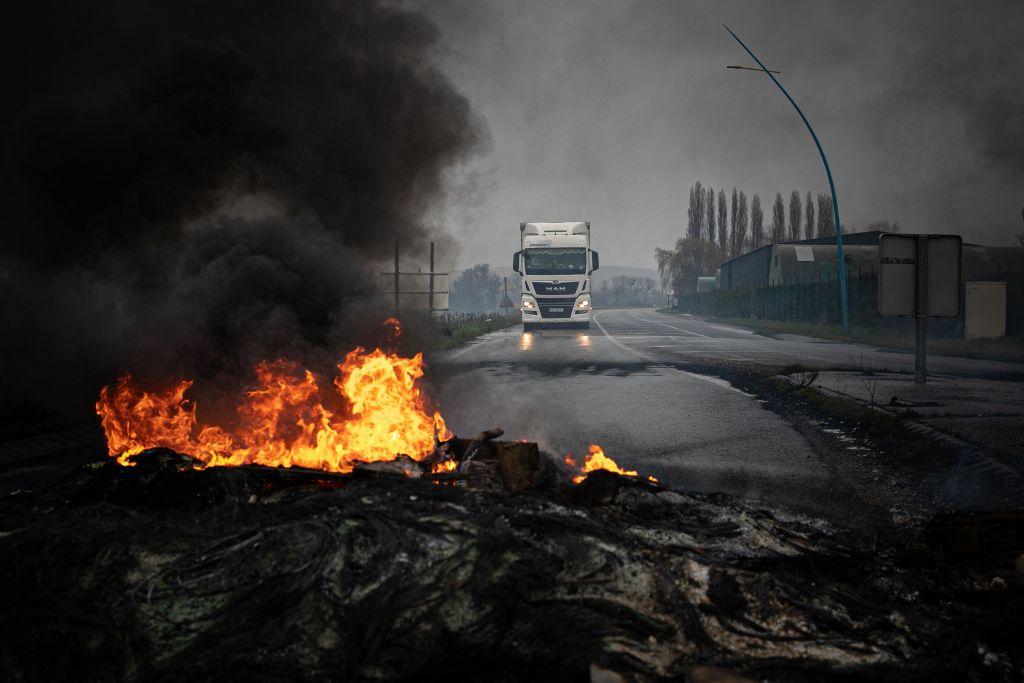Households near the chemical truck fire that burnt in New Zealand on the morning of March 8 are being told to wash down the layer of canola oil that settled across properties as a result of the fire.
Mervyn Chetty, Auckland Council’s general manager for licensing and regulatory compliance, noted that many people had noticed an “oily residue” that settled on their property.





